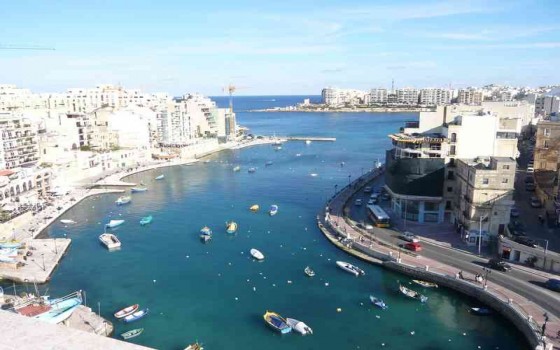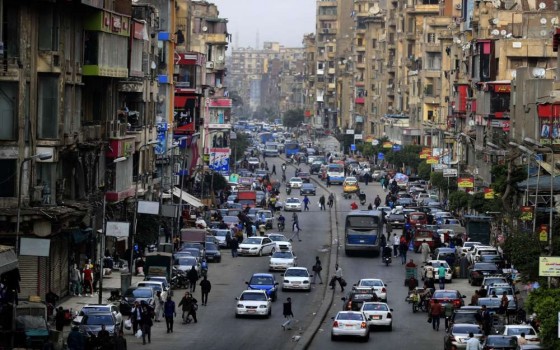
Job opportunities in European Union countries... A plan to bring in 7 million migrants has been approved... Arab, African, and other countries will benefit

- Europe and Arabs
- Thursday , 20 March 2025 11:36 AM GMT
Brussels: Europe and the Arabs
An announcement was made in Brussels that the European Parliament voted in favor of a resolution to bring millions of people to work in the European Union from countries outside the bloc. This means bringing in millions of new immigrants from abroad, and neighboring countries in the southern Mediterranean and other Arab, African, and Asian countries are expected to benefit from it. This move has angered far-right parties, including the Belgian Vlaams Belang party, which calls for encouraging national labor and preventing an increase in the number of immigrants seeking work in European countries.
According to a statement from the party, a copy of which we received, the European Parliament's Committee on Rights, Freedoms, and Equality voted on a plan known as the EU Talent Pool. This plan, developed by the European Commission, aims to attract at least 7 million non-EU migrant workers to Europe by 2030. However, the Patriots for Europe bloc, the European faction to which the Belgian right-wing Vlaams Belang party belongs, strongly opposed the plan, led by MEP Tom Vandendriessche. It advocated for activating the national workforce, increasing productivity, and supporting European families.
The Belgian far-right statement explained that the talent pool is a centralized system that voluntarily matches European employers with non-EU employees. Although member states formally retain control, in practice, this would lead to a structural increase in migration, increasing pressure on wages and social security. MEP Tom Vandendriessche said, "It is clear: This is not a selective immigration of highly skilled workers, but a project to bring as many cheap labor as possible to Europe. This only serves the interests of multinational companies seeking to lower wages."
The talent pool plan does not target engineers or doctors, but rather low-wage workers in sectors such as logistics, hospitality, cleaning, and transportation. "People are trying to sell this as a solution to the problem of skilled labor shortages, but the reality is that they want to import a cheap labor reserve," says Vandendriesche. "This doesn't mean more prosperity, but more social dumping and lower wages for our people."
"If the Flemish National Alliance party, which leads Belgium's governing coalition, were truly against mass immigration, they would have actively rejected this plan."
Surprisingly, Asita Kanku, a member of the Flemish Alliance, never appeared during the negotiations and was even absent from the vote. "Instead, the absence of their representatives is conspicuous, and they allow the interests of big business and employer organizations to take precedence over the interests of Flemish employees."
The Vlaams Belang party advocates selective and temporary labor migration, in the full national interest. The EU's talent pool threatens to undermine this and structurally increase migration. Vandendriesche concludes, "If we want to strengthen our economy, we must focus on innovation and our own talent, not on the mass immigration of millions of non-European foreigners." Belgium's right-wing Vlaams Belang party called on the New Flemish Alliance, which leads Belgium's governing coalition, to show its true position by rejecting the talent pool plan and halting electoral fraud.












No Comments Found